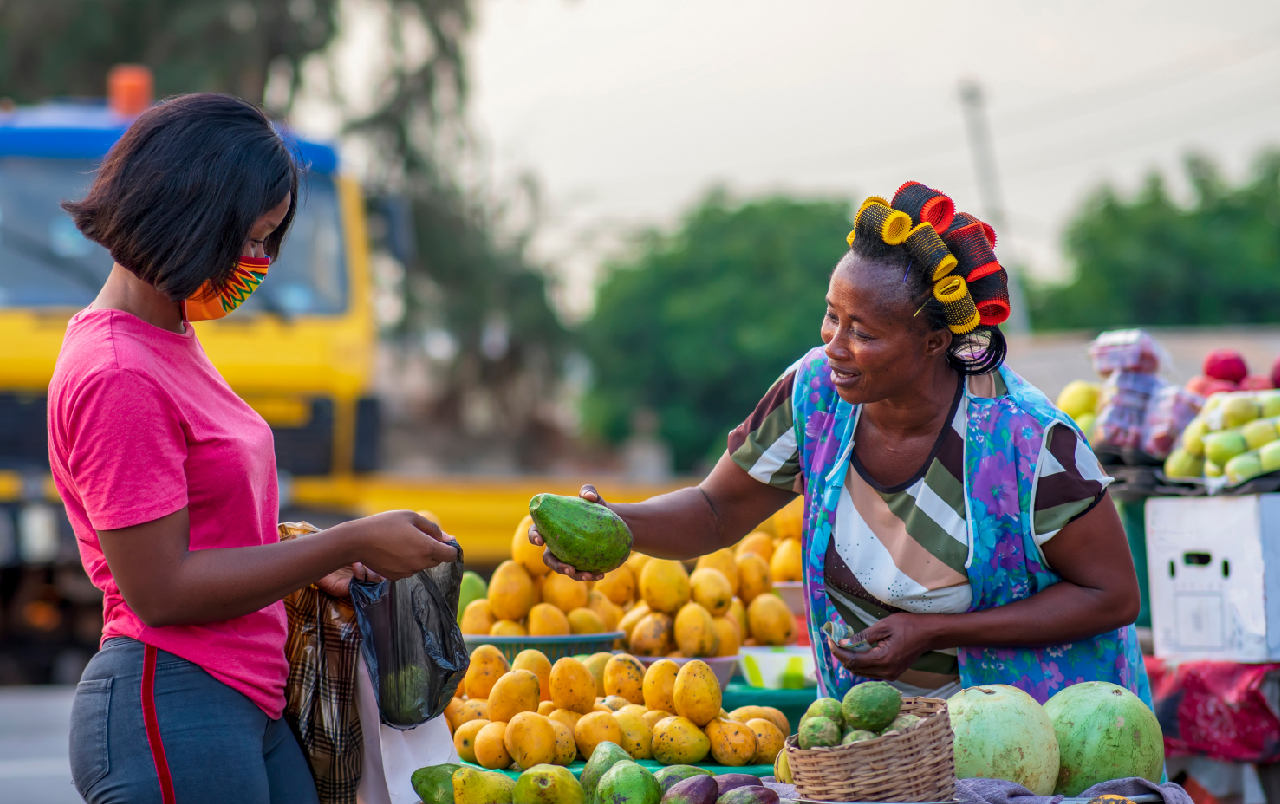In Peru, the sanitary crisis, due to the coronavirus, is also becoming a food crisis.
The COVID-19 pandemic is posing considerable challenges to the global economy, while also slowing down the process to achieve the United Nations Sustainable Development Goals (SDGs). In Africa, governments have taken measures to limit the virus’ spread, including lockdowns, curfews and banning public transportation. Those measures had devastating economic and social consequences, including business closures and disruptions to food supply chains. With the prediction of the most significant GDP contraction in Africa in 50 years, the measures are likely to affect the SDGs in the long run. It is particularly critical for SDG 2 (zero hunger). It strives to end hunger, achieve food security, improve nutrition, and promote sustainable agriculture. The United Nation’s call for a “Decade of Action” starts in 2020. Its appeal to deliver the goals by 2030 is timely for Africa. The continent remains mostly off-track on the SDG targets.
COVID-19 and food systems
The disruption of COVID-19 on food supply chains could have negative impacts on both the supply and demand sides of the food system. It aggravates the challenge Africa is facing in terms of food insecurity and malnutrition. Indeed, roughly half of Africans have already experienced food insecurity, 50% are severely food insecure, while the number of hungry people is likely to double in 2020. One out of five people in Africa is undernourished and 30% of children under five – approximately 59 million children – suffer from stunting, a percentage higher than the global average of 21.9 % (FAO). COVID-19 has the potential to create a severe food security crisis in the region, with agricultural production contracting between 2.6% and 7% in the scenario with trade blockages (WB). Another key issue on food system disruptions is the reliance of African countries on food imports. Ten basic food items make up 66% of total African food imports, about USD 50 billion (UNECA). A substantial decline in food imports (13% to 25%) is expected, resulting from higher transaction costs, combined with reduced domestic demand (WB).
Food systems and agricultural supply chains in Africa are more labour-intensive. The region could be affected in terms of labour shortages and employment loss, particularly affecting women and young people. Women represent 52% of the total population, are responsible for about 50% of the agricultural labour force and contribute between 60% to 80% of the region’s food. Furthermore, evidence also shows that rural youth are farming and the proportion of youth labour forces expected to be working in agriculture in the coming decades will remain high, albeit declining in the long run. Besides, the majority of women and young people in Africa work in the informal sector, which is particularly vulnerable to economic crises and shocks resulting from COVID-19. Consequently, the effects of the pandemic affect them disproportionately.
On average, 80% of all food consumed in Africa is purchased from food supply chains. Urban households spend 46% of their income on food, while it is 60% for those in rural areas. Processed products also represent an increasingly large share of household spending (39%). But current lockdowns and movement restrictions are affecting the way food is processed and distributed, as well as its accessibility to people.
Lessons learned
The effects of the COVID-19 pandemic on food systems show the need to start reflecting on the future of African agriculture. We need more resilient, inclusive and sustainable food systems. Some ways to tackle this are:
Increasing digitalization. The pandemic allows Africa to leapfrog and leverage the benefits of digital technologies in the food systems. The use of mobile payments and e-commerce platforms to access food and services during this pandemic has highlighted the need for bold investments in digital technologies. It has the potential to make food systems more resilient in the future, increasing the inclusion of smallholder farmers and fostering greater involvement of women and young people. It would transform the African agricultural sector. It would also remedy the lack of data for decision-making and attract youth, whose involvement is critical to the sector’s sustainability.
Protecting women and youth. Investing in women and youth is critical. They have a vital role in agriculture and food systems but are also highly vulnerable to crises such as COVID-19. It is essential to strengthen their entrepreneurial and technical skills and provide them with training and capacity building while harnessing their innovative potential. Education is key to facilitating women and youth’s access to information and better technologies. These are essential to move beyond production and to run successful rural businesses. Creating an enabling environment that positions them with better access to productive assets and markets is critical. `
Ultimately, minimizing the impacts of emergencies on food systems will depend on the extent to which national governments intervene. The pandemic has shown the urgency to develop multi-sectoral approaches that go beyond agriculture in the strict sense. The aim should be to build resilient food systems.
Text editor: Gabriela Keseberg Dávalos


